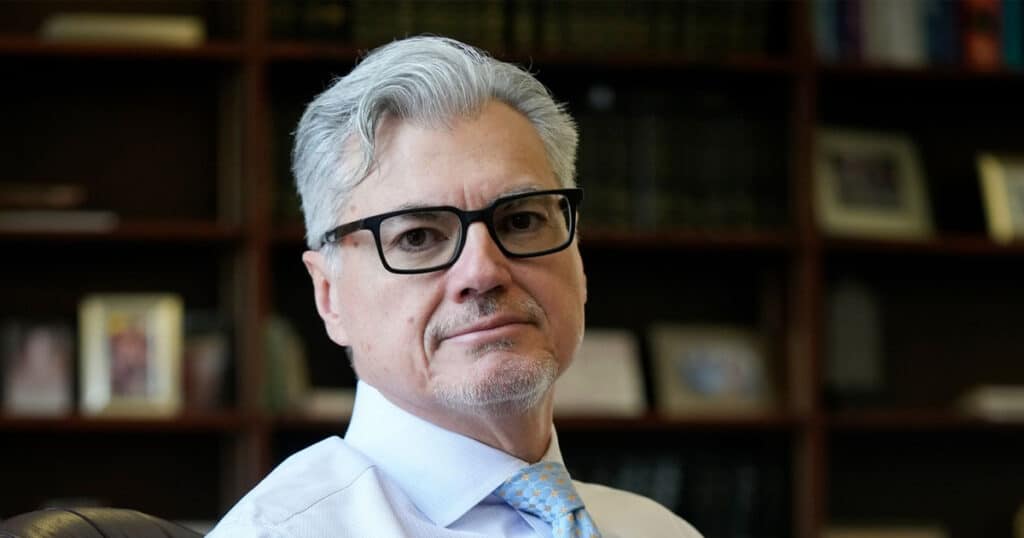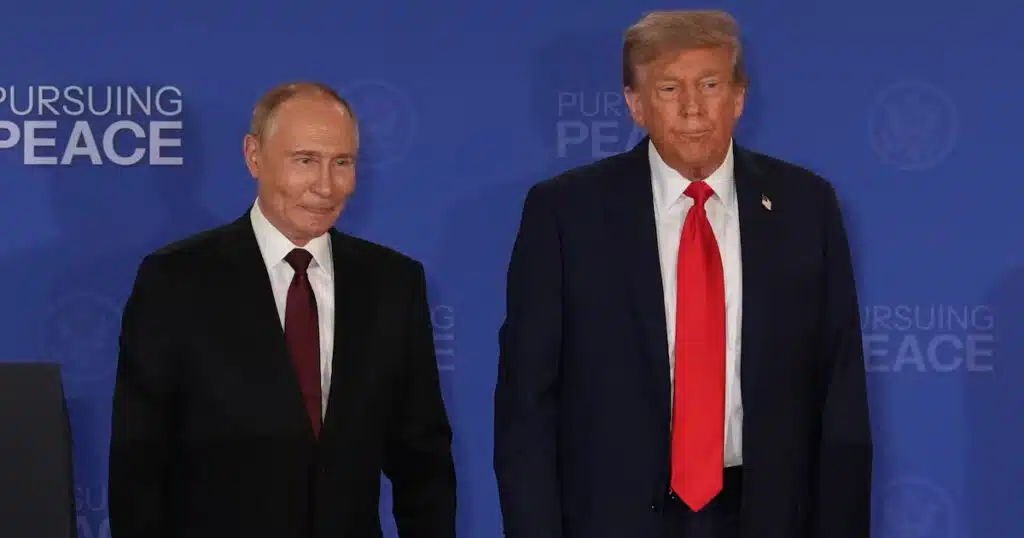
Judge again delays Trump’s hush money sentencing
A New York judge on Friday once again delayed the sentencing in President-elect Donald Trump’s hush money case as Trump seeks dismissal of the felony case.
Judge Juan Merchan granted Trump’s defense request to file a motion for dismissal. He also set deadlines for future motions and stayed his decision on dismissal. Merchan also hit pause on sentencing, which was set for Nov. 26.
In late May, a Manhattan jury convicted Trump on all counts in the case. Trump was convicted of 34 counts of falsifying business records for disguising hush money payments to an adult film actress as legal costs ahead of the 2016 election. Under New York state law, falsifying business records in the first degree is a Class E felony with a maximum sentence of four years in prison.
Trump’s defense team must file a motion for dismissal by Dec. 2. Prosecutors from Manhattan District Attorney Alvin Bragg’s office plan to oppose that motion. That opposition motion is due by Dec. 9.
Earlier this week, Bragg suggested sentencing could wait until 2029 when Trump finishes his final term in the White House and no longer enjoys the protections of the nation’s highest office.
Merchan previously said that if Trump’s dismissal motion fails, “the law requires the imposition of sentence following a guilty verdict without unreasonable delay.”
Trump wants the case dismissed. His defense attorneys have asked the judge to dismiss the case based on the U.S. Supreme Court’s immunity decision.
In July, the U.S. Supreme Court ruled that presidents and former presidents have absolute immunity for actions related to core constitutional powers and presumptive immunity for official actions. The ruling said the president has no immunity for unofficial conduct.
Prosecutors said they are trying to balance Trump’s next term in the White House with the jury’s verdict in the case.
“The People agree that these are unprecedented circumstances and that the arguments raised by defense counsel in correspondence … require careful consideration to ensure that any further steps in this proceeding appropriately balance (1) a jury verdict of guilt following trial that has presumption of regularity and (2) the Office of the President,” prosecutor Michael Colangelo wrote.



